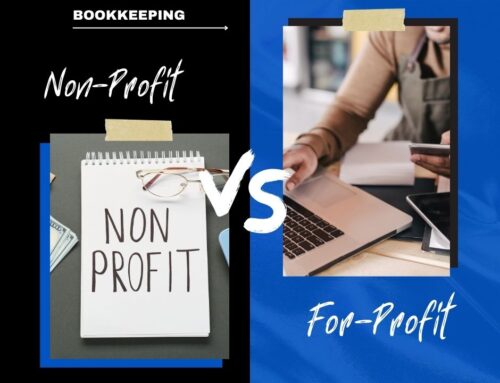Catch and Prevent Fraud
The importance of setting up good internal controls for cash to prevent fraud
It is critical to set up good internal controls for cash to prevent fraud. We have heard many stories of bookkeepers with the owner’s bank login credentials and missing cash or added to the bank account as signatory and fictitious vendors being paid with a company check all the while it was the bookkeeper. Separation of duties in the accounting cycle will catch a lot of these problems.
How common is fraud?
Fraud is extremely common. From cases such as being duped out of $35,000 because the administrative assistant thought the email purportedly from the co-founder was valid and urgent and she subsequently wired out funds to felons using a company’s routing and account number to order a series of blank checks to check kiting and on and on.
What are some of the types of fraud that people should be on the lookout for?
A major scam these days is fraudsters pretending they are the IRS either by calling or emailing their targeted victim. Once they have captured the victim’s attention on the phone or through email, they obtain a person’s date of birth, social security number, address, bank account information in exchange for a promise not to arrest them for overdue taxes. Something to bear in mind: THE IRS ONLY COMMUNICATES IN WRITING THROUGH THE UNITED STATES POSTAL MAIL.
What are some of the top ways to prevent fraud?
- Don’t share your online banking credentials (business or personal) with anyone.
- Change your passwords often.
- Clear your internet browsing cache and cookies to remove stored passwords.
- Keep checkbooks in locked filing cabinets.
- Review the company’s bank statement each month to look for anomalies in check sequencing or a new vendor you don’t recognize.
- Invoke a policy to collect signed W-9s from new vendors PRIOR to releasing first payment.
- Consider protecting large outlays of cash (>$10,000, for example) by requiring dual signatures/authority on checks and wires, respectively.
Should a limit be set on the amount of money a bookkeeper can handle? Or should a bookkeeper even have control without sign off from the owner on purchases?
The bookkeeper should not be the one and the same to create a new vendor, enter an invoice, cut a check, and sign that check. Those steps need to be conducted by separate accountants in the department to safeguard cash.
What are some steps to ensure preventing fraud from within employees and subcontractors that you hire?
Prior to hiring an employee or independent consultant in the accounting department, first conduct a thorough background check including a criminal check and a credit check. A red flag is someone with poor credit because they could be potentially tempted to commit fraud. Call the references. Validate the resumé.




